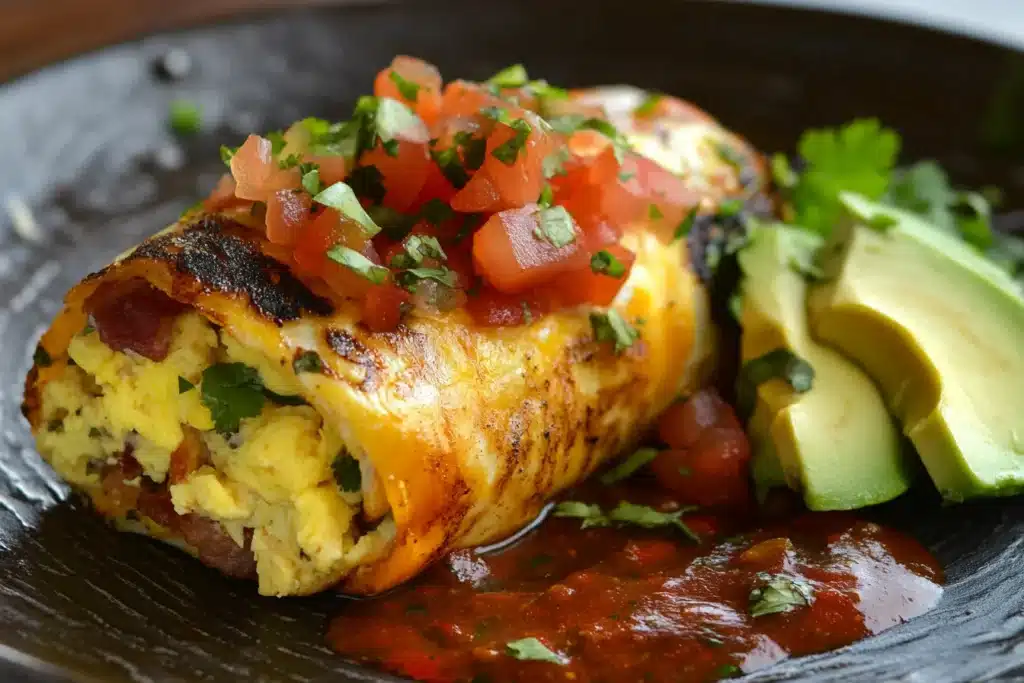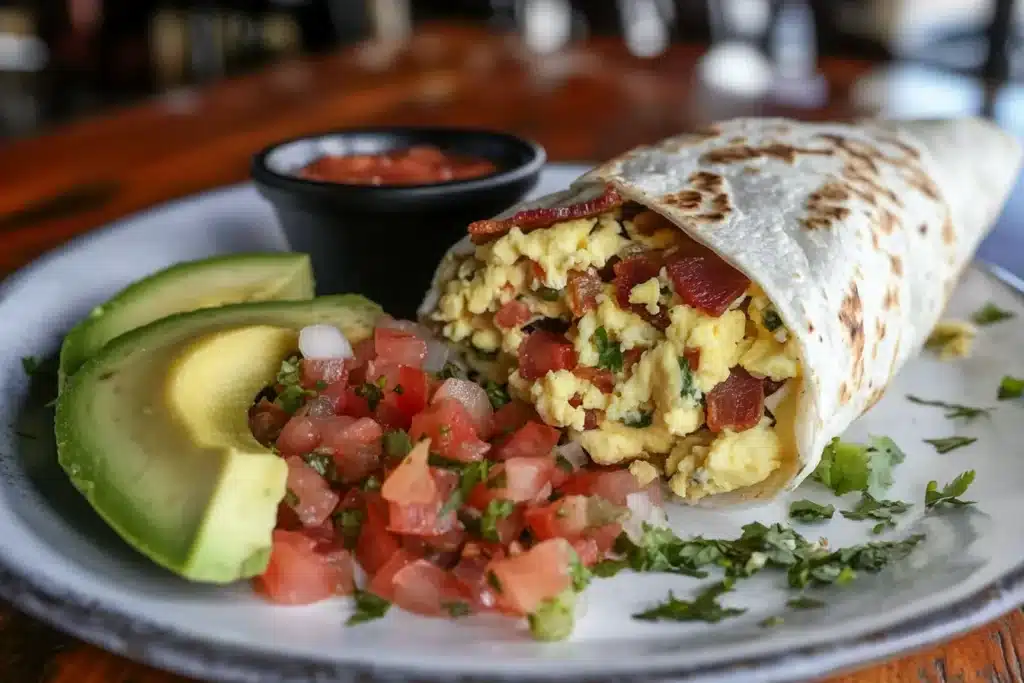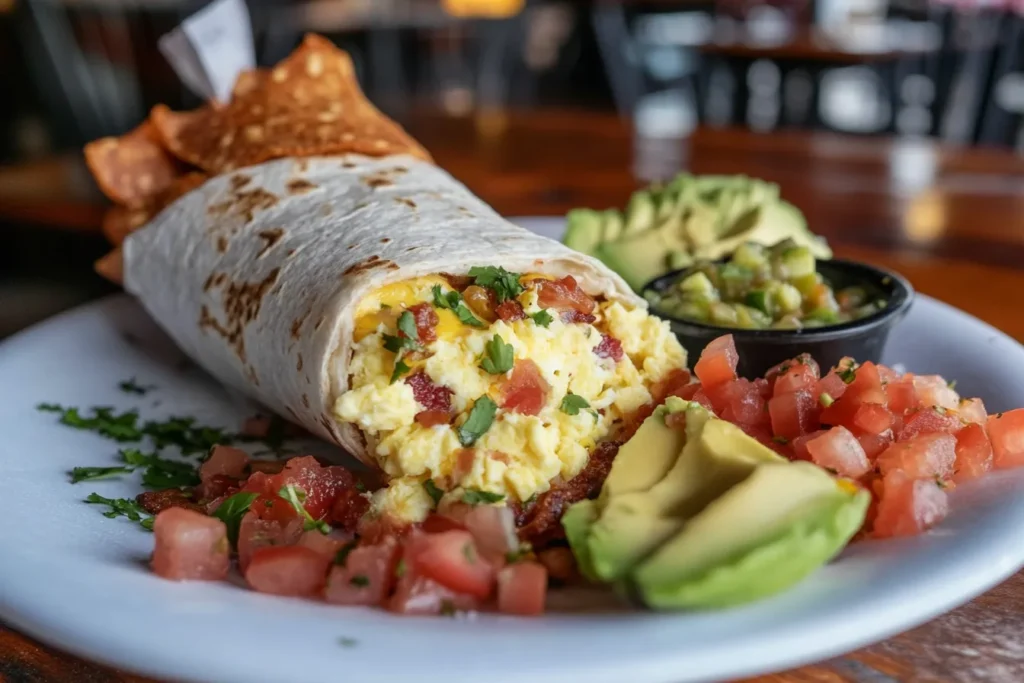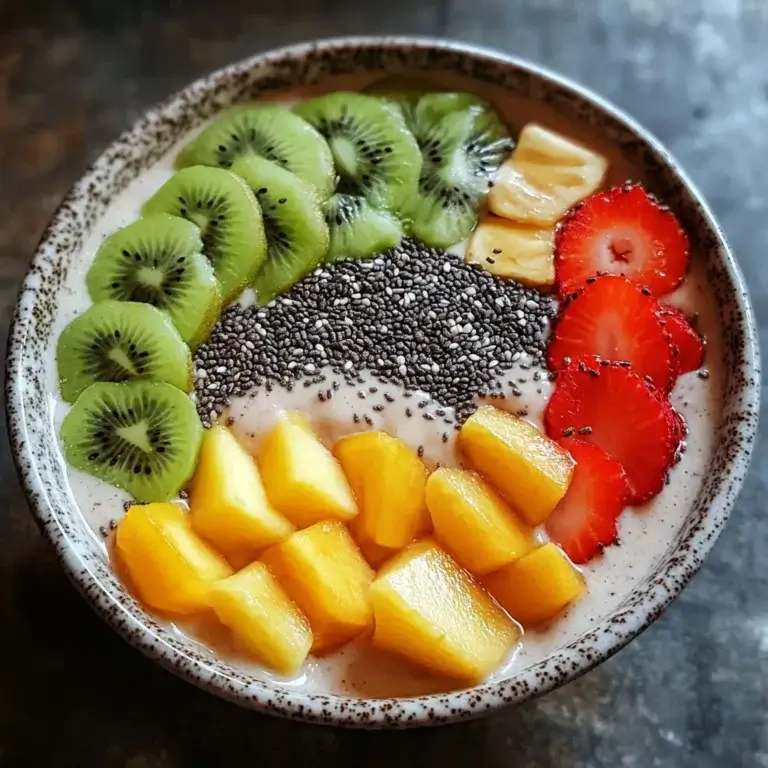Breakfast Burrito Calories: A Complete Nutrition Guide
Breakfast burritos are a popular and versatile choice, enjoyed as a hearty and satisfying way to start the day. But how many calories does a breakfast burrito have? This question is essential for anyone trying to monitor their calorie intake, as the calories in a breakfast burrito can vary significantly depending on the specific ingredients and portion sizes.
Typically, a breakfast burrito is made with a flour tortilla, eggs, cheese, meats like bacon or sausage, and vegetables, all of which can be customized to suit different tastes. As delicious as they are, breakfast burritos can be calorie-dense, with some varieties reaching over 1,000 calories per serving. In this article, we will explore the caloric breakdown of breakfast burritos, including how specific ingredients influence their overall calorie count.
For a more in-depth analysis of breakfast burrito calories, you can refer to Eat This Much and explore their Breakfast Burrito Nutrition Facts. It provides helpful insights into meal planning and calorie tracking to support healthier choices.
If you’re looking for ways to enjoy breakfast burritos without going overboard on calories, we’ll also share tips for making lower-calorie alternatives while still enjoying this delicious meal. Let’s dive deeper into the various factors that contribute to the calorie content of your breakfast burrito.

Table of content
Factors Influencing Caloric Content
The calories in a breakfast burrito can vary widely depending on several factors, including ingredient selection, portion sizes, and preparation methods. Let’s take a closer look at what affects the caloric content of your burrito.
Ingredient Selection and Their Impact on Breakfast Burrito Calories
Each ingredient in a breakfast burrito plays a role in determining its calorie count. Here are the key components:
- Tortilla Type and Size: A flour tortilla is the most common choice, typically containing around 200-250 calories for a 10-inch tortilla. Choosing a whole wheat or smaller tortilla can help reduce the total calorie count. Low-carb tortillas may contain as little as 50-100 calories each, offering a great option for those looking to lower their calorie intake.
- Proteins: Eggs, the staple protein in many breakfast burritos, contain about 70 calories per egg. However, if you add meats like bacon, sausage, or chorizo, the calorie count increases significantly. A typical slice of bacon adds around 42 calories, and a 2-ounce link of sausage adds around 85-100 calories. Alternatively, you could choose plant-based proteins such as tofu or tempeh, which are lower in calories.
- Dairy Products: Cheese and sour cream are commonly added to breakfast burritos but can contribute an additional 100-200 calories. A 1-ounce serving of shredded cheese contains about 110 calories, and a tablespoon of sour cream adds around 60-100 calories.
- Vegetables and Fillings: Adding vegetables like onions, peppers, or spinach adds little to no calories but offers a variety of essential vitamins and minerals. However, ingredients like hashbrowns or potatoes can add 100-150 calories per serving.
For a more detailed nutritional breakdown of breakfast burrito ingredients, visit Nutritionix for comprehensive data on various burrito components, such as their calories in breakfast burritos.
Portion Sizes
The size of the burrito directly affects its calorie content. A standard breakfast burrito is usually about 8 inches in diameter and can range from 500 to 800 calories. However, oversized burritos can easily exceed 1,000 calories, especially if they’re packed with extras like cheese, potatoes, or extra protein.
Preparation Methods
How your burrito is prepared also impacts its calorie count. For instance, using butter or oil to cook the fillings or wrap can add significant calories. Grilling or baking the burrito instead of frying it can reduce the overall calorie count while still maintaining delicious flavor.
Caloric Breakdown of Common Ingredients
Here’s a breakdown of how specific ingredients in your breakfast burrito contribute to its calorie content.
Tortillas
- Flour Tortilla: A typical 10-inch flour tortilla contains around 200-250 calories.
- Whole Wheat Tortilla: A 10-inch whole wheat tortilla contains about 120-150 calories.
- Low-Carb Tortilla: These can range from 50-100 calories, depending on the brand.
Proteins
- Eggs: A scrambled egg has approximately 70 calories, and most breakfast burritos contain 2-3 eggs, which adds around 140-210 calories.
- Bacon: A slice of cooked bacon contributes about 42 calories. Typically, a breakfast burrito may contain 2-3 slices, adding up to 84-126 calories.
- Sausage: A 2-ounce link of pork sausage contains about 85-100 calories.
- Plant-Based Proteins: Tofu or tempeh are lower-calorie alternatives to meat. Tempeh, for example, contains around 160 calories per 4-ounce serving.
Dairy Products
- Cheese: One ounce of cheese adds roughly 110 calories. Popular cheese choices include cheddar, mozzarella, and Monterey Jack.
- Sour Cream: One tablespoon of sour cream contains approximately 60-100 calories, depending on the brand. Opting for low-fat versions can help reduce the calorie count.
Vegetables and Fillings
- Vegetables: Onions, peppers, and spinach contribute minimal calories but provide valuable fiber and micronutrients.
- Potatoes: Adding hashbrowns or diced potatoes can contribute around 100-150 calories per serving.
- Beans: Black beans or pinto beans add around 100-150 calories per half cup and provide additional fiber and protein.

Caloric Content in Popular Breakfast Burrito Variations
Breakfast burritos come in various types, and the calorie content can differ depending on the ingredients used.
Classic Breakfast Burrito
A traditional breakfast burrito typically includes eggs, cheese, sausage, and potatoes, ranging from 600 to 800 calories. This is a standard option for most fast-food chains and homemade recipes.
Vegetarian and Vegan Options
- Vegetarian Burrito: If you opt for a vegetarian breakfast burrito made with eggs, cheese, and vegetables like spinach and mushrooms, you can expect around 400-600 calories.
- Vegan Burrito: A plant-based burrito filled with tofu, avocado, and beans may contain around 300-500 calories, depending on the size and fillings.
Low-Calorie Alternatives
For those looking to reduce calorie intake, consider swapping out high-calorie ingredients such as meat and cheese for healthier alternatives like avocado, salsa, or leaner proteins like turkey sausage. By making these substitutions, the calorie count can be reduced to under 300 calories.
Nutritional Considerations Beyond Calories
When it comes to breakfast burritos, it’s essential to consider more than just the calorie content. Let’s take a look at other important nutritional factors.
Macronutrient Balance
A breakfast burrito can provide a good balance of protein, fat, and carbohydrates, especially if it includes lean proteins like eggs and vegetables. The fat content can vary significantly depending on the type of cheese, meats, and oils used in preparation.
Micronutrients
Breakfast burritos can be a good source of vitamins and minerals, depending on the ingredients. For instance, vegetables like spinach and peppers increase the vitamin A and vitamin C content, while beans and potatoes provide potassium and magnesium.
Dietary Fiber
Including fiber-rich ingredients such as beans, vegetables, or whole grains in your breakfast burrito can help with digestion and keep you feeling full longer. Fiber also plays a key role in maintaining healthy blood sugar levels.
Healthier Breakfast Burrito Options
If you’re looking to reduce the calorie content of your breakfast burrito without sacrificing flavor, here are some tips:
- Use lean proteins: Instead of bacon or sausage, opt for leaner options such as turkey sausage or plant-based proteins like tempeh.
- Opt for smaller tortillas: Smaller tortillas, or whole wheat versions, can significantly reduce the calorie count.
- Add more vegetables: Vegetables like spinach, peppers, and onions are low in calories but high in fiber and micronutrients. They can help bulk up your burrito and provide more nutritional value.
- Skip high-calorie toppings: Choose salsa or guacamole instead of sour cream and cheese to cut down on excess calories.
By preparing breakfast burritos at home, you can control portion sizes and ingredients, helping you create a healthier and lower-calorie meal.
Frequently Asked Questions (FAQs)
How many calories are in a standard breakfast burrito?
A standard breakfast burrito can range from 500 to 800 calories, depending on the size and ingredients used.
What are the healthiest ingredients to include in a breakfast burrito?
For a healthier breakfast burrito, opt for lean proteins like egg whites, plenty of vegetables, and low-calorie toppings like salsa or avocado.
How can I reduce the calorie content of my breakfast burrito?
To reduce calories, choose smaller tortillas, use lean meats or plant-based proteins, and load up on vegetables.
Are there significant calorie differences between vegetarian and meat-filled breakfast burritos?
Yes, vegetarian burritos tend to be lower in calories, especially if plant-based proteins are used instead of meat.
How does the size of the tortilla affect the overall calorie count?
Larger tortillas can add 200-300 extra calories, so using smaller or low-carb tortillas can help reduce the total calorie content.

Conclusion
Breakfast burritos are a tasty and customizable meal, but their calorie content can vary depending on the ingredients and portion sizes. By understanding the factors that influence breakfast burrito calories, you can make more informed choices when preparing or ordering one. Whether you’re opting for a classic breakfast burrito, a vegetarian version, or a low-calorie alternative, there are plenty of ways to enjoy this breakfast favorite while keeping your calorie intake in check.
For more tips on healthier breakfast options, check out our Meal Prep Guide for Busy Mornings to streamline your meal planning and enjoy nutritious, easy-to-make meals throughout the week.







